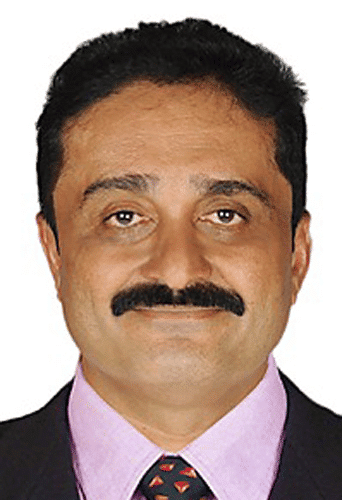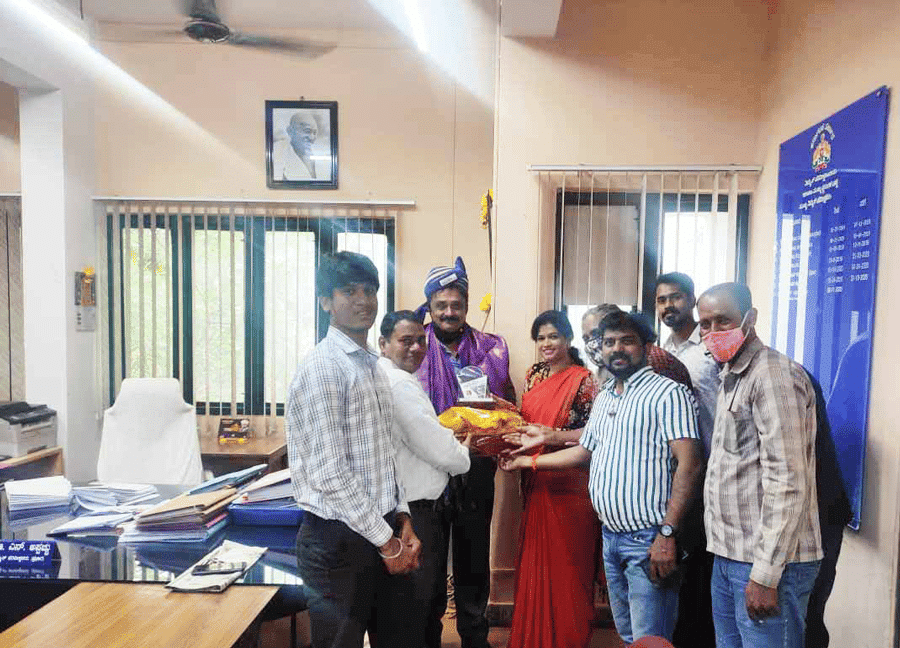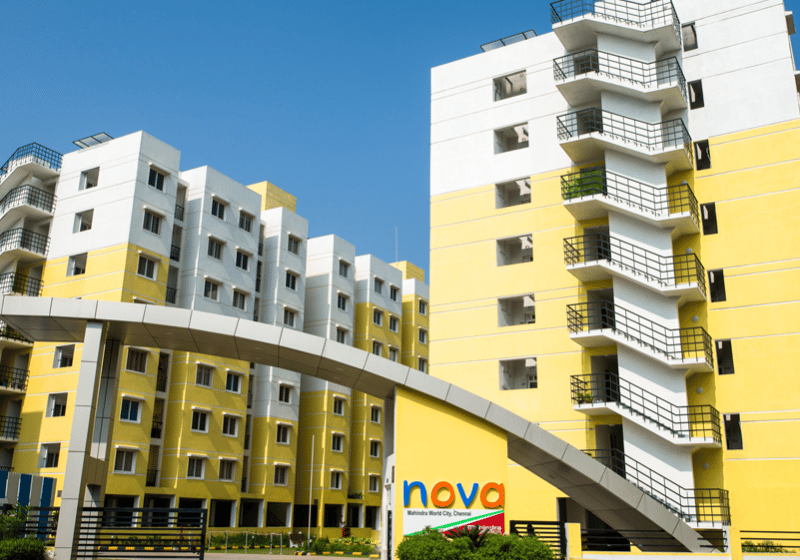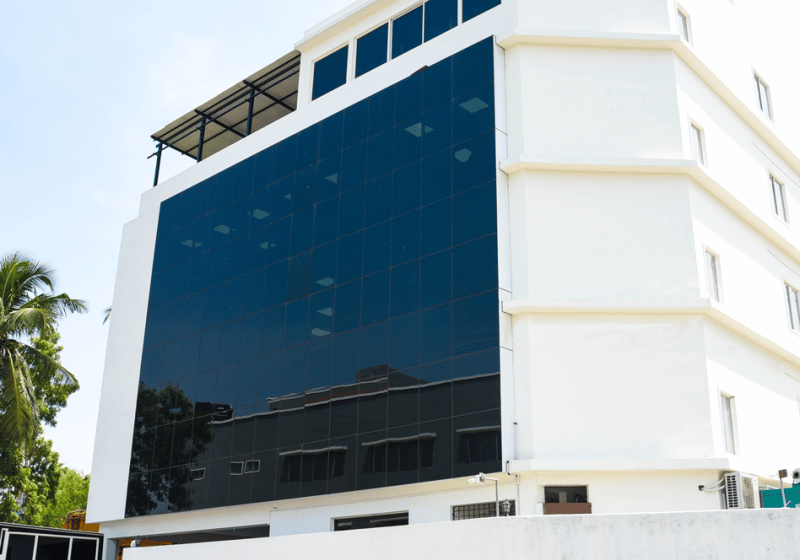Thetera Appachu (TA), chief electrical inspectorate to the Government of Karnataka, shares insights with your author (YP).

YP:What is the significance of your role and responsibilities?
TA: The Electrical Inspectorate is a statutory body constituted under the provision of erstwhile Indian Electricity (IE) Act 1910 and came into existence in the State of Karnataka on October 1, 1957, consequent to the formation of IE Rules 1956. The Department of Electrical Inspectorate is working under the administrative control of the Department of Energy, Government of Karnataka. The chief electrical inspector is the head of the department and ex-officio additional secretary to the Government of Karnataka (Licensing) Department of Energy; chairman, Licensing Advisory and Examination Board; chairman, Cinema Operator Certificate Board; member, sectional committee on Bureau of Indian Standards for Lifts and Escalators; state inspector of lifts; and advisor to the government on electricity matters.
In this fast-growing age, the main objectives are to ensure all electrical installations in the State of Karnataka are in general conformity with the safety provisions of relevant safety codes and standards with a specific intention to ensure the installation is electrically safe and to minimize danger to human and animal life, in particular, and damage to property, in general. The department is entrusted with the responsibility of ensuring the safety aspects in generation, transmission, distribution and utilization of electricity. This is achieved by proper administration and effective implementation of relevant acts and rules.
YP: What is your strategy for managing inspection of more high rises, especially considering the pandemic, as their construction rates increase?
TA: There has been a significant increase in the number of high-rise buildings in the past decade, and the number of officers in the department is the same. So, I don’t deny the fact that the burden on each officer has increased considerably. In this regard, a proposal has been made to the government to proportionately increase the number of posts in the department to meet this rising demand.
In a further effort to decrease this burden, while not compromising on the safety issues, the department has undergone many changes, in terms of technology. Most of its services are now online to minimize the intervention of human resources in day-to-day office activities. This has helped the public to a very great extent, allowing them to submit applications, pay fees, track their applications and download the final safety certificates online. Thus, the need to physically visit an office to obtain the required safety-related services from the department is eliminated.
YP: What are the challenges you face while monitoring or supervising elevators in Karnataka? How can these be reduced or resolved?
TA: Erstwhile in Karnataka, the Karnataka Lift Act 1974 and Karnataka State Lifts Rules 1976 prevailed. Those were repealed by the Karnataka Lifts, Escalators and Passenger Conveyors Act 2012 and Karnataka Lifts, Escalators and Passenger Conveyors Rules 2015. There is also a 2017 amendment to said rules. Under them, officers of the department carry out inspections prior to commissioning and keenly monitor lift safety aspects periodically. During such inspections, if any observations are made with respect to lift safety, the owner of the installation will be informed in writing, to correct the problem(s) as top priority. If the owner fails to comply, necessary action will be initiated per the rules.
Earlier, many lifts in the border region of Karnataka were installed by freelancers who used to just install the lift and walk away (without getting necessary safety approvals). In such conditions, the owners of the installations were left in a state of dilemma whether to use the lift or not. Taking note of such circumstances, a provision was included under the 2012 act to bring all lift manufacturers and installers in the State of Karnataka under a single registration umbrella. Now, per the 2015 rules, it is necessary for all lift manufacturers and installers to obtain registration for lift erection and maintenance in the state. This change has considerably reduced its number of unauthorized lift installations.
YP:Many elevators in older buildings need refurbishment/replacement to avoid accidents. What is your strategy for monitoring them and identifying those that need to do this on priority basis?
TA: In addition to the aforementioned action that will be initiated per the rules if the installation owner does not address safety issues found in yearly inspections, per the 2015 rules, all lift licenses older than 10 years need to be renewed. It is the responsibility of every installation owner to get his or her lift license renewed before continuing to use such lifts.
At the time of inspection during the lift license renewal process, the lift will be thoroughly checked for its compatibility with existing rules. Any requirement regarding refurbishment or replacement to bring such installations in line with the present standards will be suitably intimated to the owner.
YP: Do you feel having a common set of rules regulating the elevator industry all over India would be a positive step?
TA: The number of lift installations varies from one region to another. The congestion seen in metropolises may not be the same elsewhere. Also, the life of such installations varies depending upon the usage, as well as environmental conditions. Thus, I believe it should be the prerogative power of the state government to frame and monitor the set of rules regulating the elevator industry by analyzing such status from time to time.
KEMA Delegation Meets Appachu

A delegation of the Karnataka Elevator Manufacturers Association (KEMA), headed by State President Dr. Shobha Yaduraj, high court advocate, met Thetera Appachu, chief electrical inspectorate to the Government of Karnataka at his office at Nirmana Bhavan, Rajajinagar, Bangalore, when he took charge in November 2020. Yaduraj told ELEVATOR WORLD India:
“On behalf of the KEMA family, we wish Appachu [well] on assuming charge. We discussed important aspects regarding lifts and escalators. He has assured [us] he will have a face-to-face interaction with KEMA members whenever we invite him for a meeting. He has [also] assured [us he will] support us on important issues such as advertisements in the media for the public-awareness campaign stating lift installation should only be done by companies enlisted with KEMA.”
Get more of Elevator World. Sign up for our free e-newsletter.







